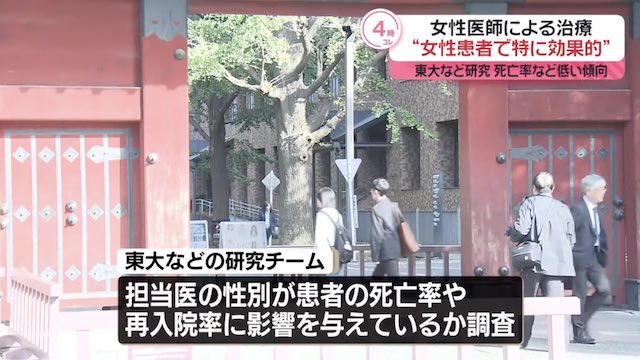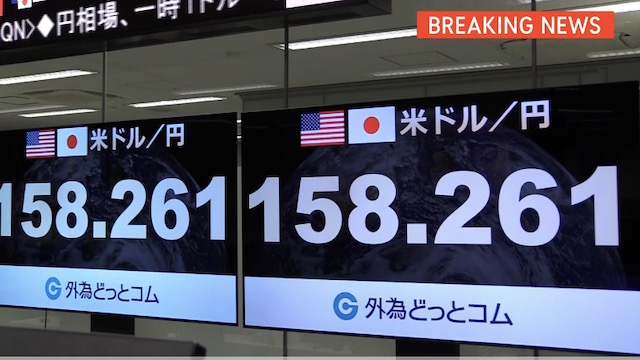Jul 12 (gizmodo.com) - Interest in the Moon has been reignited recently, and Japan is looking to get in on the fun. Researchers and engineers from Kyoto University and the Kajima Corporation have released their joint proposal for a three-pronged approach to sustainable human life on the Moon and beyond.
The future of space exploration will likely include longer stays in low gravity environments, whether in orbit or on the surface of another planet. Problem is, long stays in space can wreak havoc on our physiology; recent research shows that astronauts can suffer a decade of bone loss during months in space, and that their bones never return to normal. Thankfully, researchers from Kyoto University and the Kajima Corporation are seeking to engineer a potential solution.
The proposal, announced in a press release last week, looks like something ripped straight from the pages of a sci-fi novel. The plan consists of three distinct elements, the first of which, called “The Glass,” aims to bring simulated gravity to the Moon and Mars through centrifugal force.
Gravity on the Moon and Mars is about 16.5% and 37.9% of that on Earth, respectively. Lunar Glass and Mars Glass could bridge that gap; they are massive, spinning cones that will use centrifugal force to simulate the effects of Earth’s gravity. These spinning cones will have an approximate radius of 328 feet (100 meters) and height of 1,312 feet (400 meters), and will complete one rotation every 20 seconds, creating a 1g experience for those inside (1g being the gravity on Earth). The researchers are targeting the back half of the 21st century for the construction of Lunar Glass, which seems unreasonably optimistic given the apparent technological expertise required to pull this off.










